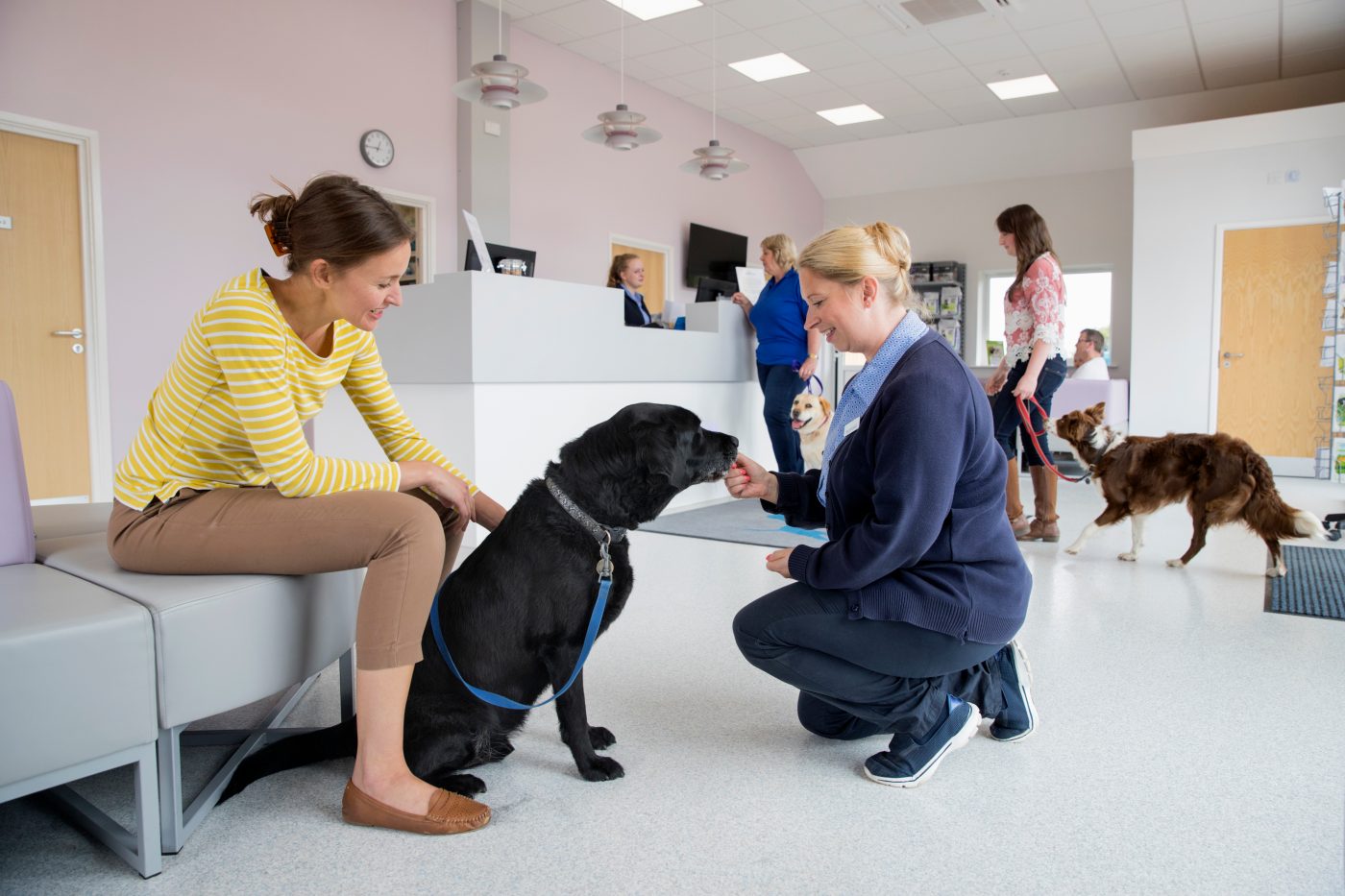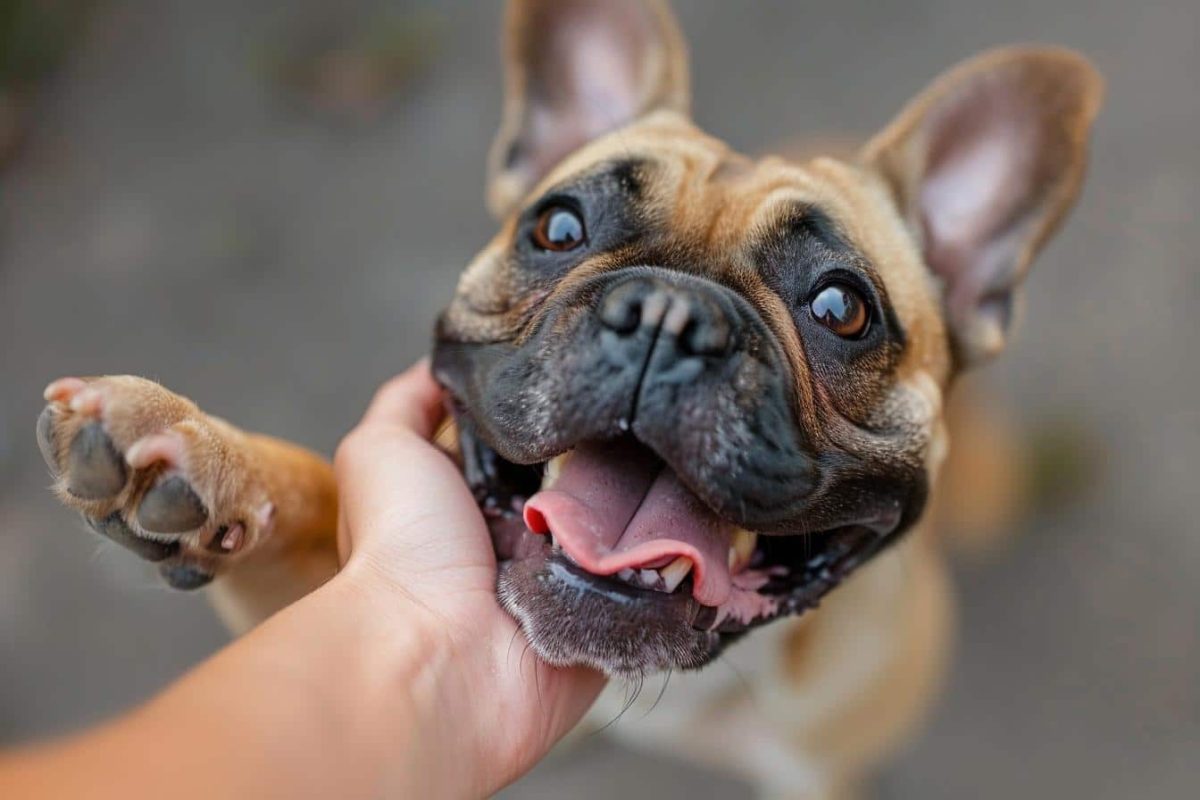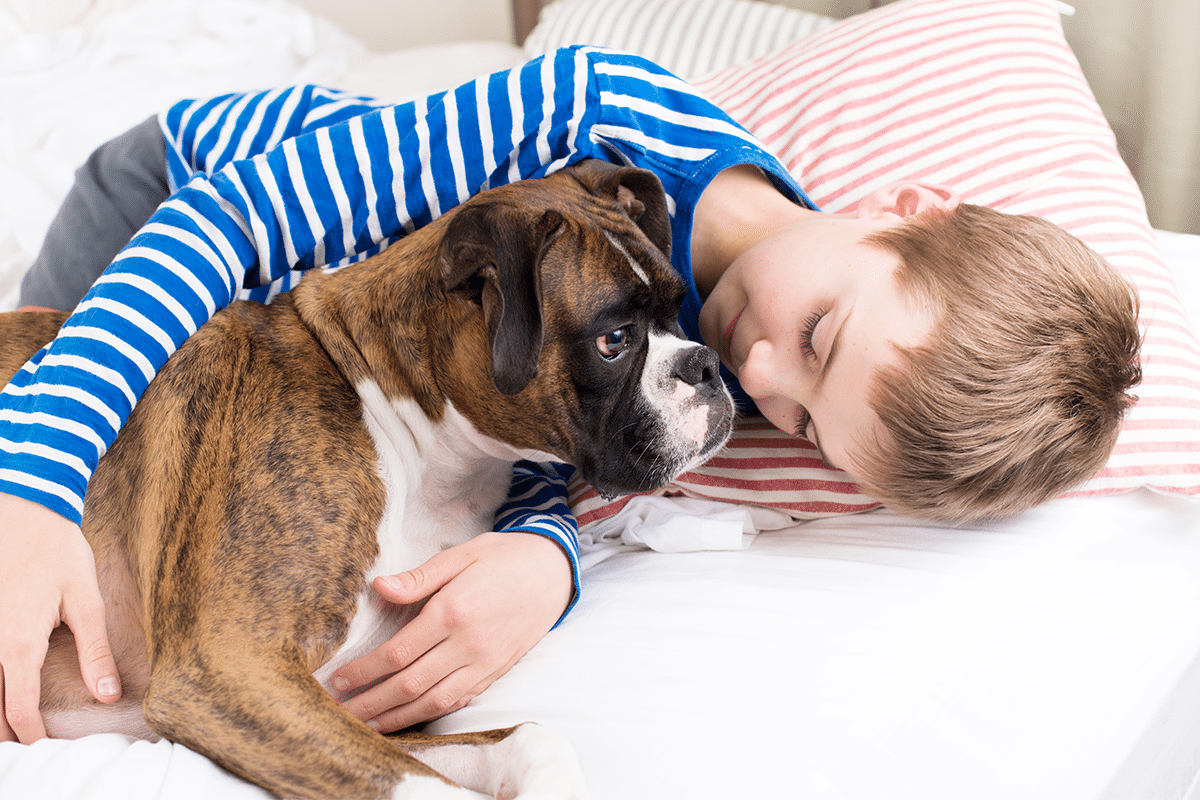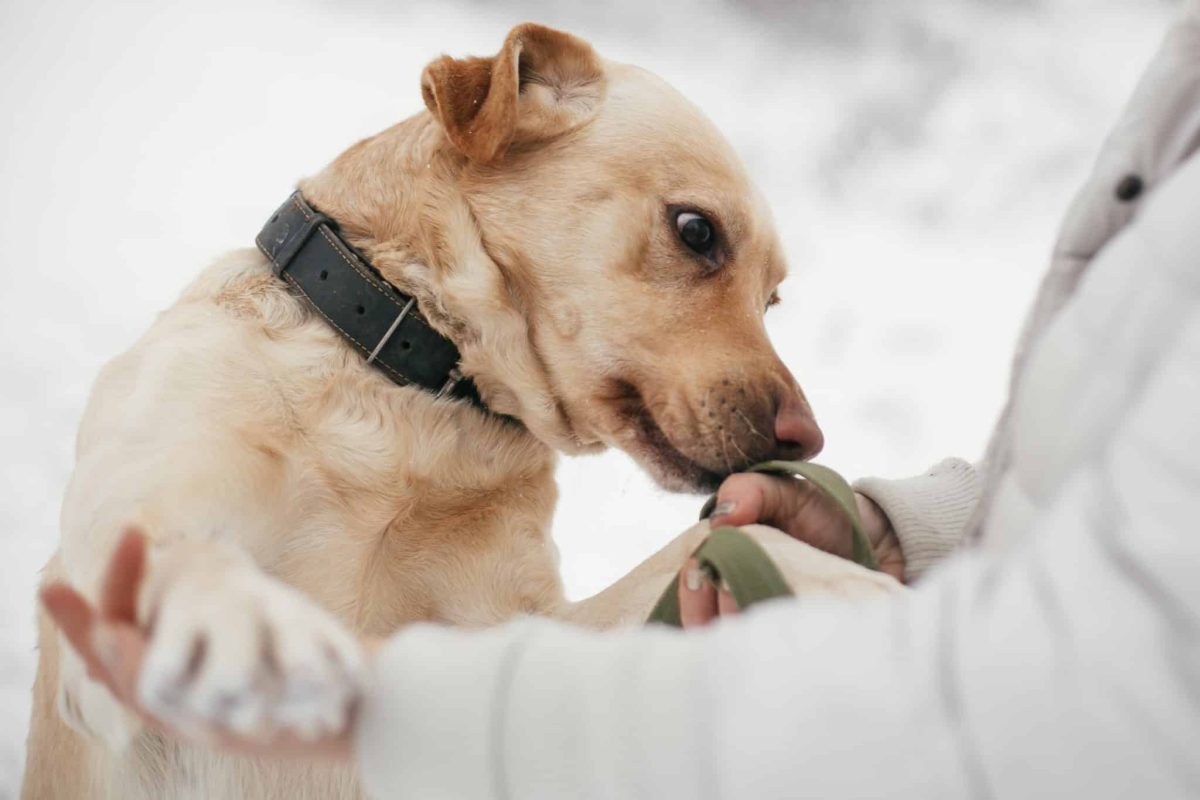 Shutterstock
Shutterstock
Have you ever noticed your dog gazing at you with an almost human-like expression or mirroring your habits and moods? It’s not your imagination. Research indicates that dogs are highly empathetic animals, often reflecting the emotions and behaviors of their human companions. This mirroring effect suggests that dogs are not only aware of our emotions but may also internalize and react to them. This profound connection highlights that our canine friends are more than just pets; they’re intuitive partners who deeply resonate with our emotional states.
Emotional Echoes
 Shutterstock
Shutterstock
Dogs are incredibly attuned to human emotions. Studies have shown that they can sense and mirror our feelings, whether we’re joyful, sad, or stressed. When you’re feeling down, don’t be surprised if your dog becomes subdued or offers comfort by nuzzling close. This emotional synchronization is a testament to the deep bond shared between humans and their canine companions.
Facial Expressions
 Shutterstock
Shutterstock
Ever noticed your dog raising an eyebrow or widening their eyes in a way that seems eerily familiar? Dogs have evolved to mimic human facial expressions to communicate effectively with us. This mimicry enhances the bond and understanding between you and your furry friend, making interactions more intuitive and heartfelt.
 Shutterstock
Shutterstock
Just as humans have varying social preferences, dogs too exhibit a range of social behaviors. Interestingly, dogs often adopt social habits that mirror those of their owners. If you’re outgoing and frequently engage in social activities, your dog may become more sociable and eager to interact with others. Conversely, if you prefer quiet nights in, your dog might also show a preference for solitude, content with just your company.
The Exercise Enthusiast
 Shutterstock
Shutterstock
Your fitness routine doesn’t just impact your health; it influences your dog’s activity levels too. Active owners often have energetic dogs that enjoy regular walks, runs, or play sessions. On the flip side, a more sedentary lifestyle can lead your dog to adopt a lazier demeanor, often lounging around and showing less interest in physical activities.
Dietary Habits
 Shutterstock
Shutterstock
Your eating habits can directly affect your dog’s diet and health. Owners who prioritize healthy eating often extend this practice to their pets, providing balanced and nutritious meals. However, if you’re prone to indulging in junk food, you might be more likely to share these treats with your dog, potentially leading to shared health issues like obesity.
Communication Styles
 Shutterstock
Shutterstock
Dogs are masters of non-verbal communication, and they often pick up on the subtle cues you exhibit. Over time, your dog learns to understand your gestures, tone of voice, and body language, responding in ways that align with your communication style. This mutual understanding strengthens the bond and makes interactions smoother and more meaningful.
Stress Levels
 Shutterstock
Shutterstock
Dogs are sensitive to their owners’ stress and can exhibit signs of anxiety when they sense you’re overwhelmed. This empathetic response means that managing your stress isn’t just beneficial for you but also for your canine companion. Engaging in calming activities together, like leisurely walks or quiet cuddle sessions, can help alleviate stress for both of you.
Sleep Patterns
 Shutterstock
Shutterstock
Your sleep routine can influence your dog’s rest habits. Dogs often adapt to the household’s schedule, so if you’re a night owl, your dog might stay active later into the evening. Conversely, early risers may find their dogs waking up with them, ready to start the day with enthusiasm.
Aging Gracefully
 Shutterstock
Shutterstock
As both you and your dog age, you might notice similarities in how you experience the aging process. Joint stiffness, reduced energy levels, and a preference for restful activities can be common in both aging humans and dogs. Sharing these experiences can deepen the empathy and care you have for each other during the golden years.
Vocalizations
 Shutterstock
Shutterstock
Dogs are known to mimic certain sounds they frequently hear, and this includes the tone and pitch of their owner’s voice. Some dogs develop vocalizations that eerily resemble human sounds, leading to amusing and endearing interactions. This mimicry showcases their desire to communicate and bond with you on a deeper level.
Routine Lovers
 Shutterstock
Shutterstock
Both humans and dogs thrive on routines. Establishing a consistent daily schedule provides a sense of security and predictability for your dog. Interestingly, your dog can also influence your routine, encouraging regular exercise, and playtimes, and even prompting you to take breaks, leading to a harmonious daily rhythm.
Health Consciousness
 Shutterstock
Shutterstock
Your approach to health can impact your dog’s well-being. Health-conscious owners often engage in regular vet visits, maintain proper grooming, and ensure a balanced diet for their dogs. This shared focus on health fosters a proactive approach to wellness, benefiting both you and your furry friend.
The Playful Spirit
 Shutterstock
Shutterstock
Dogs remind us of the joy found in simple activities, whether it’s playing fetch, exploring new places, or simply lounging in the sun. Engaging in play with your dog can reignite your playful spirit, leading to shared moments of happiness and a strengthened bond.
The Tail-Wagging Truth About Your Canine Clone
 MidJourney
MidJourney
In the grand design of life, our dogs are more than just companions—they reflect who we are. Their ability to mimic our emotions and habits proves that imitation is the sincerest form of flattery. So, when you catch your dog acting in a way that feels strangely familiar, take a moment to appreciate the deep connection you share. In a world of wagging tails and joyful barks, our dogs are not just pets but our four-legged counterparts, always reminding us of the bond that makes them family.

 1 month ago
18
1 month ago
18


















 English (US) ·
English (US) ·